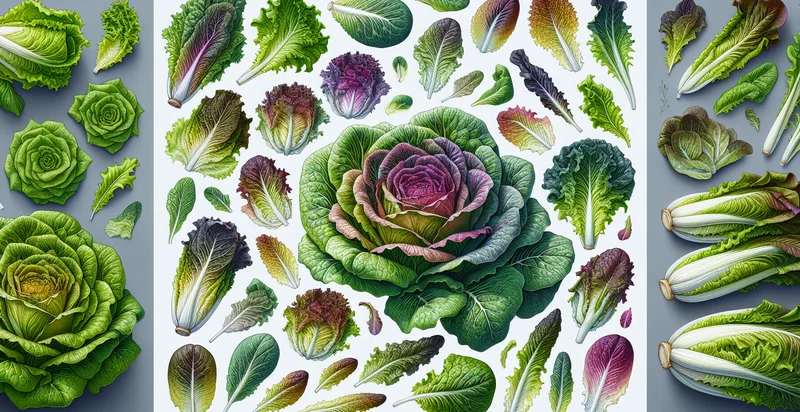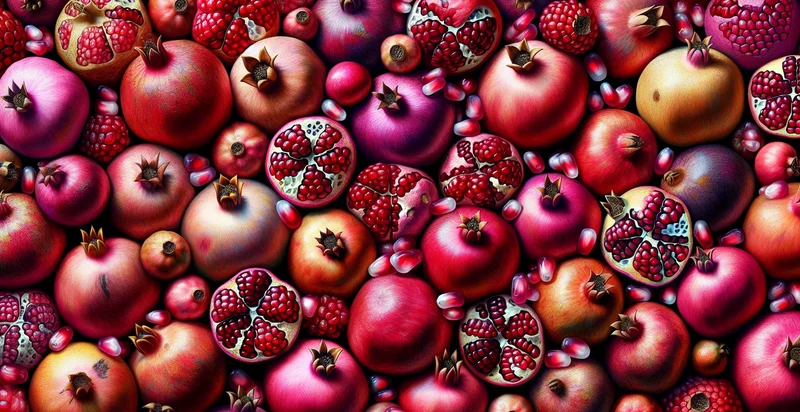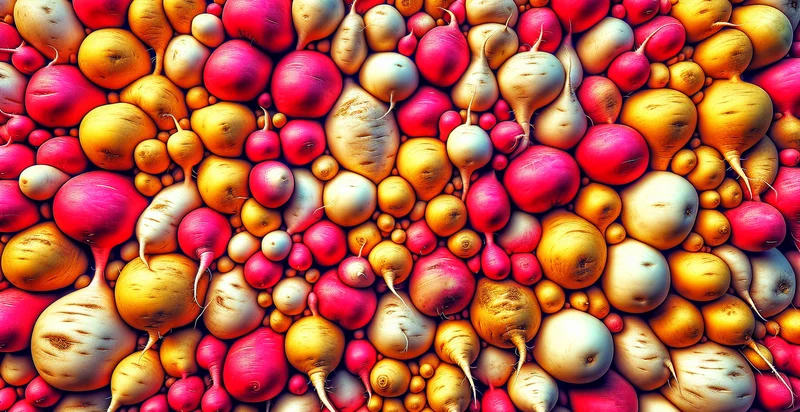Identify raspberry species
using AI
Below is a free classifier to identify raspberry species. Just upload your image, and our AI will predict what species of raspberry it is - in just seconds.

Contact us for API access
Or, use Nyckel to build highly-accurate custom classifiers in just minutes. No PhD required.
Get started
import nyckel
credentials = nyckel.Credentials("YOUR_CLIENT_ID", "YOUR_CLIENT_SECRET")
nyckel.invoke("raspberry-species", "your_image_url", credentials)
fetch('https://www.nyckel.com/v1/functions/raspberry-species/invoke', {
method: 'POST',
headers: {
'Authorization': 'Bearer ' + 'YOUR_BEARER_TOKEN',
'Content-Type': 'application/json',
},
body: JSON.stringify(
{"data": "your_image_url"}
)
})
.then(response => response.json())
.then(data => console.log(data));
curl -X POST \
-H "Content-Type: application/json" \
-H "Authorization: Bearer YOUR_BEARER_TOKEN" \
-d '{"data": "your_image_url"}' \
https://www.nyckel.com/v1/functions/raspberry-species/invoke
How this classifier works
To start, upload your image. Our AI tool will then predict what species of raspberry it is.
This pretrained image model uses a Nyckel-created dataset and has 10 labels, including Black Raspberry, Dewberry, Everbearing Raspberry, Loganberry, Purple Raspberry, Red Raspberry, Summer-Bearing Raspberry, Tayberry, Wild Raspberry and Yellow Raspberry.
We'll also show a confidence score (the higher the number, the more confident the AI model is around what species of raspberry it is).
Whether you're just curious or building raspberry species detection into your application, we hope our classifier proves helpful.
Related Classifiers
Need to identify raspberry species at scale?
Get API or Zapier access to this classifier for free. It's perfect for:
- Berry Farm Management: Farmers can utilize the raspberry species identifier to monitor crop health and diversity on their farms. By quickly identifying different raspberry species, farmers can tailor their cultivation practices to optimize yield and quality based on specific needs.
- Agricultural Research: Researchers studying plant genetics and breeding can use this tool to classify and catalog various raspberry species efficiently. This will enable them to track species distribution and traits, facilitating more targeted and effective breeding programs.
- Quality Assurance in Food Production: Food manufacturers can implement the identifier to ensure that the raspberries used in their products meet specific quality and species standards. This will help maintain product consistency and safety, reducing the risk of consumer complaints and enhancing brand reputation.
- E-commerce Solutions for Berry Sellers: Online marketplaces can integrate the raspberry species identifier to help sellers accurately categorize and authenticate their products. Accurate species identification can help improve customer trust and satisfaction while minimizing disputes over product quality.
- Educational Tools for Botany Classes: Educational institutions can leverage the raspberry species identifier as a hands-on tool for teaching botany and plant biology. This technology can enhance students’ learning experiences by allowing them to interactively identify and explore diverse berry species.
- Environmental Conservation Efforts: Conservation organizations can use the identifier to assess biodiversity in natural habitats. By tracking raspberry species in different ecosystems, these organizations can formulate better strategies for habitat preservation and restoration.
- Mobile Applications for Foraging Enthusiasts: Developers can create mobile apps that assist foraging enthusiasts in identifying wild raspberry species. With instant recognition capabilities, users can feel confident in their foraging activities while gaining valuable knowledge about local flora.


